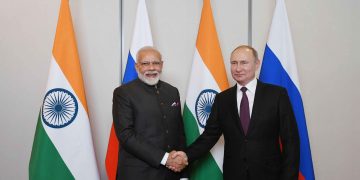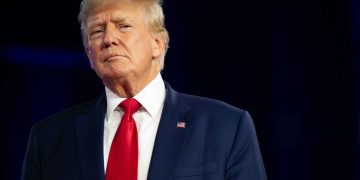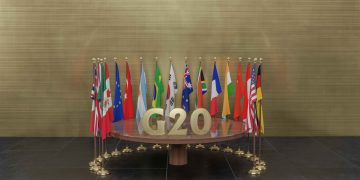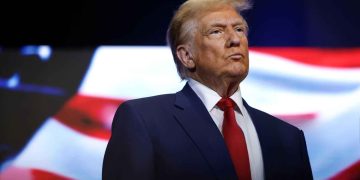The BRICS Media Summit officially began in Moscow, Russia, with global media leaders committing to tackle the challenges of an evolving multipolar world and the rising threat of fake news. Held on September 14 and hosted by Russia’s TASS news agency in partnership with China’s Xinhua News Agency, the summit drew participation from over 60 major media organizations representing 45 countries, including BRICS members, emerging economies, and non-member nations such as Thailand, Laos, Malaysia, and Indonesia.
In a video address during the opening ceremony, Russian Foreign Minister Sergey Lavrov emphasized the significance of BRICS as a key mechanism for multilateral cooperation and a pillar of the multipolar world. He underlined the vital role that media from BRICS countries can play in promoting international relations, building public awareness, and fostering mutual understanding. Lavrov expressed optimism that the summit would further strengthen cooperation and serve as a platform to enhance the visibility of BRICS nations.
Andrey Kondrashov, Director General of TASS, remarked that BRICS’ influence on the global stage continues to grow in areas such as international politics, economics, and culture. He stressed the importance of BRICS media in not only covering political and economic partnerships but also in connecting people across nations. Kondrashov called on the BRICS media community to be an active bridge in uniting cultures and fostering understanding.
Fu Hua, Executive Chairman of the BRICS Media Forum and Director of Xinhua News Agency, highlighted the unprecedented global challenges facing the world today. Despite these hurdles, he affirmed that BRICS countries remain committed to mutual growth, prosperity, and contributing to global stability. Fu Hua emphasized the need for BRICS media to spread positive messages and shared values, ultimately helping to build a united future for humanity through cooperation and shared progress.
Leaders from various media organizations attending the summit echoed these sentiments, recognizing that in an increasingly multipolar world, the media plays a crucial role in bridging misunderstandings and combatting the spread of disinformation. They stressed the importance of BRICS countries working collectively to advocate for fairness and equality in the global community, with particular attention to uplifting the Global South and East.
Representing Ethiopia, one of the newest BRICS members, Yohannes Wondirad, Director of Public Relations and Strategic Partnerships at the Ethiopian News Agency, underscored the significance of BRICS media in promoting stability and cooperation. With BRICS countries accounting for 45% of the global population, Wondirad emphasized that unified efforts among BRICS media organizations can create meaningful global change, attract investment, and drive economic and social development.
Founded in 2009 by Brazil, Russia, India, China, and South Africa, BRICS expanded its membership in 2024 to include Iran, Egypt, Ethiopia, and the United Arab Emirates. Currently, around 40 additional countries, including Thailand, have expressed interest in joining the BRICS group, with Thailand submitting a formal letter of intent in May 2024.
The 2024 BRICS Summit will take place from October 22 to 24 in Kazan, Russia.





















